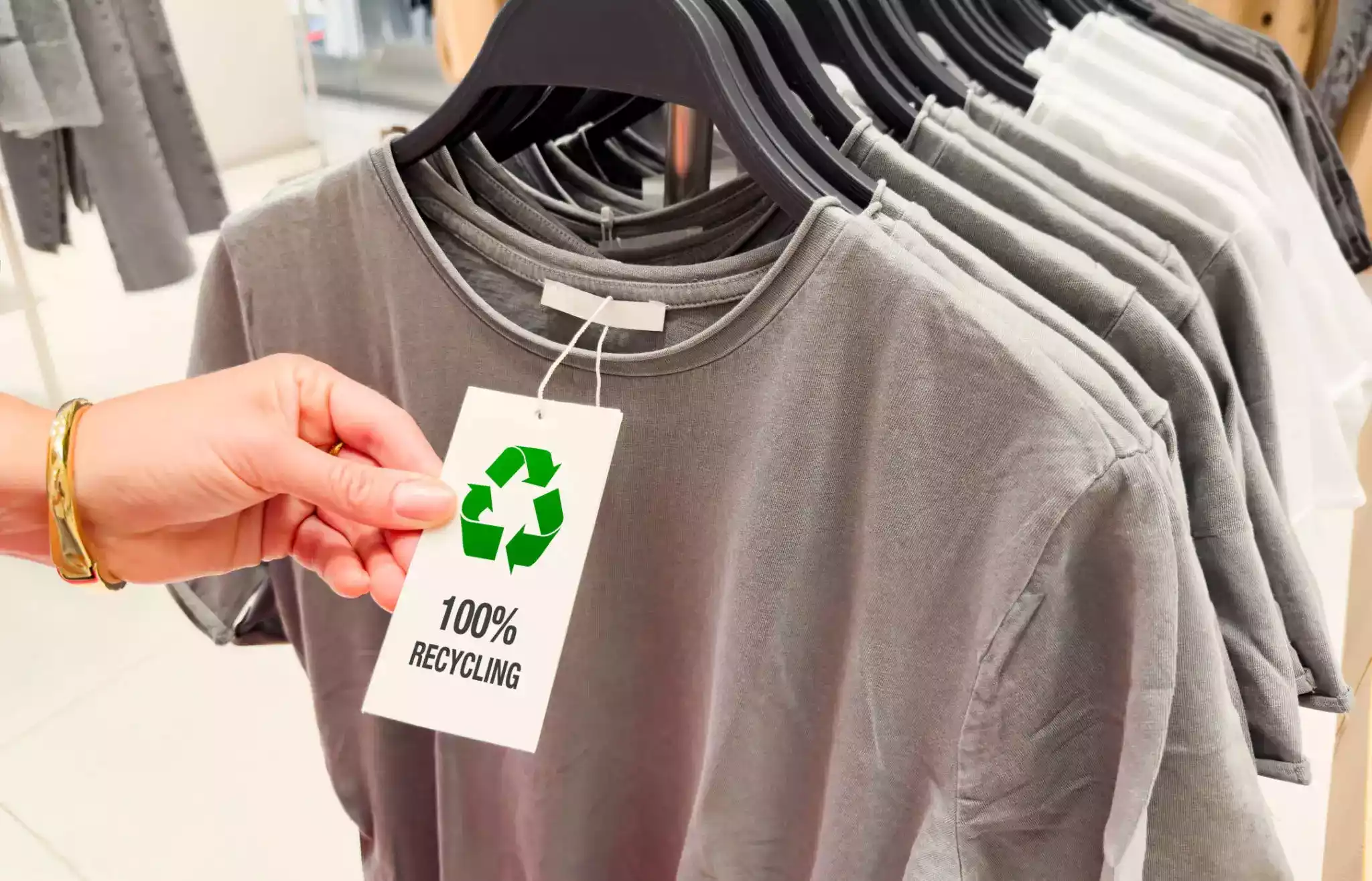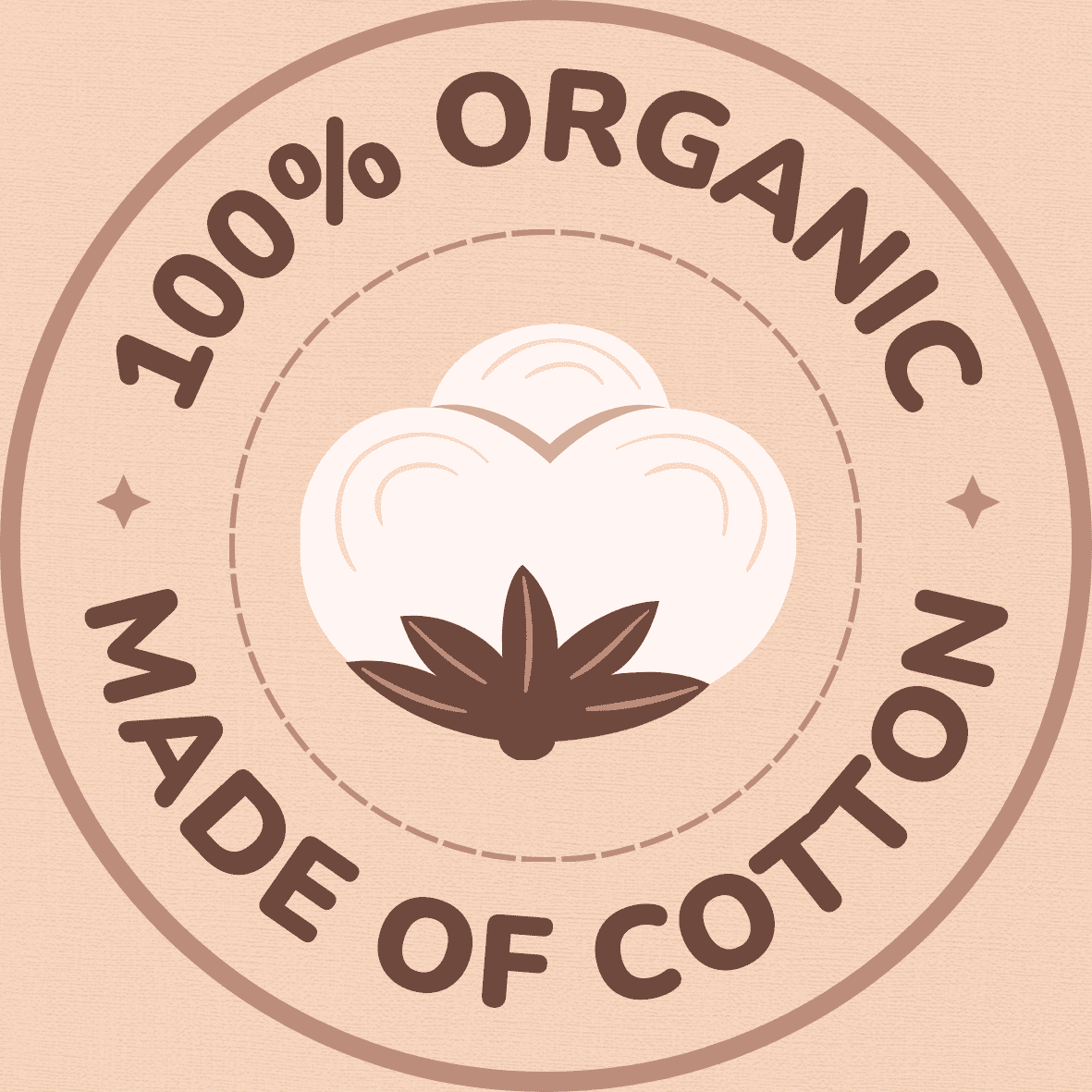Fair Trade Fashion Revolution: Ethical Style and Social Responsibility Combined
In recent years, the concept of ethical apparel has been pushing the boundaries of the fashion industry, setting a precedent for a more sustainable and humane way of production. The foundations of this movement lie in challenging exploitation, advocating for workers’ rights, and improving environmental impacts. Essentially, it entails shifting from traditionally exploitative practices to empowering local communities and safeguarding our planet. In this panorama, fair trade clothing manufacturers are at the center stage, driving the industry towards reform.
Fair trade clothing companies prioritize paying their workers fair wages, ensuring a safe and healthy work environment and actively opposing child labor and enforced overtime. These ethical principles encourage a business model that provides equitable opportunities for less privileged communities. Furthermore, they diminish environmental damage by employing sustainable production approaches, such as the use of organic cotton and eco-friendly dyes. This grounding in ethically made products is not mere marketing rhetoric; it represents a profound and necessary change in the heart of the textile sector.
The Role of Conscious Consumption in Modern Fashion
Conscious consumption is increasingly becoming the touchstone of modern fashion. As a careful, deliberate and intentional buying approach with respect to the social and environmental impacts, it has begun to shape the way clothing manufacturers operate. This purchasing practice largely revolves around the preferment for items made by fair trade clothing manufacturers, who demonstrate socially responsible and environmentally sustainable production methods.
Contemporary consumers prioritize transparency; they are keen to know where, how and by whom their clothes have been made. This shift in consumer attitudes compels clothing manufacturers to place a premium on the quality and source of their materials, fair labor practices, and eco-friendly production methods. The new-age buyer’s preferences coupled with an ongoing push for transparency are together reshaping the practices within the fashion industry and moving the needle towards ethical apparel.
The Link between Social Responsibility and Sustainable Clothing
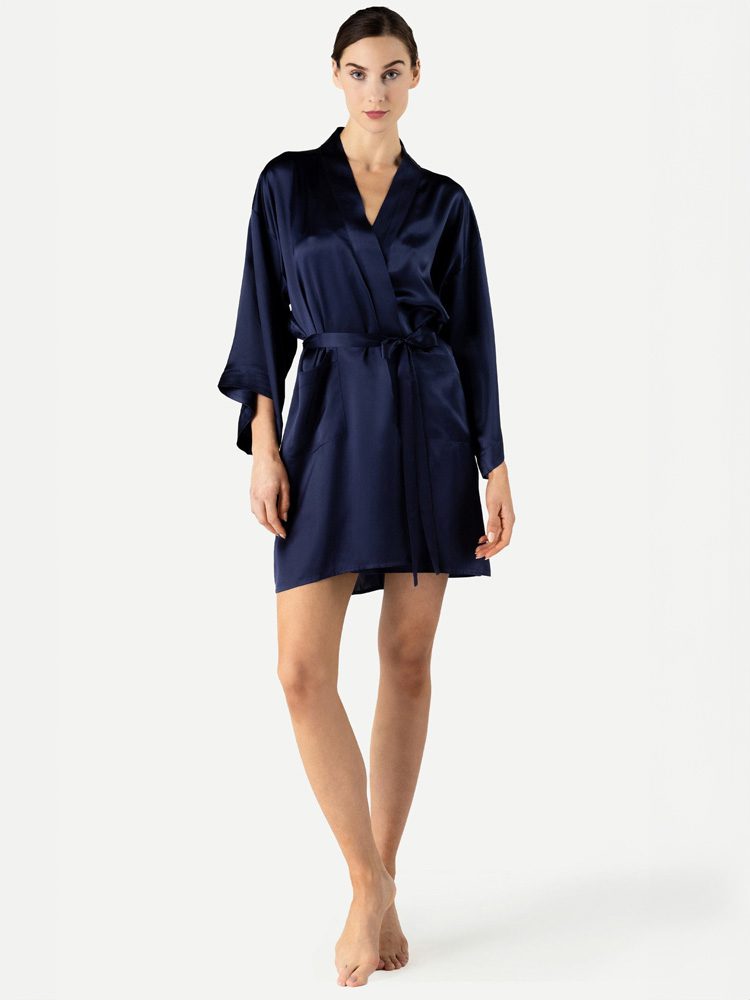
In the modern fashion industry, ethical manufacturers play an integral part in promoting a more sustainable future. The onset of ethical fashion has thrust forward a new breed of manufacturers who prioritize ecological textiles, fair trade practices, minimal waste, and transparency across the supply chain. These manufacturers link the nexus of social responsibility with the production of sustainable clothing; simultaneously addressing consumer demands and environmental concerns.
For small businesses especially, partnering with sustainable clothing manufacturers proves to be beneficial both in terms of financial profitability and corporate reputation. By aligning with socially responsible practices, these businesses position themselves favorably in the eyes of the modern consumer who is more discerning and values ethical consumption. As such, the shared commitment of sustainable clothing manufacturers and small businesses to social responsibility helps create a resilient, accountable and environmentally friendly fashion landscape.
Defining Ethical Practices in the Clothing Industry
Ethical practices in the clothing industry encompass a wide range of initiatives that ensure fair and just treatment of everyone involved in the production process. This extends from workers’ rights to minimise environmental impact. Part of these ethical practices involves the use of recycled fabric clothing manufacturers. This not only reduces waste but also necessitates significantly less energy for production, thereby diminishing the carbon imprint. Additionally, the use of recycled fabrics mitigates the pollution problem often associated with fabric production by reusing material that would otherwise contribute to the ever-expanding global waste dilemma.
On another front, fair trade clothing manufacturers USA and worldwide play an integral part in defining ethical practices within the fashion industry. These manufacturers contribute vastly towards social equity by guaranteeing a living wage to their workers, providing safe and humane working conditions, and promoting gender equity. Furthermore, they refrain from employing child labor and ensure that their practices are transparent, making it possible for consumers to make informed decisions. Certainly, fair trade regulations not only influence the livelihoods of those directly involved in production but also shape the broader socio-economic landscape.
How Conscious Fashion Supports Social Change
When it comes to transforming societal norms and bringing about social change, conscious fashion plays a significant role. Driven by the principles of sustainability and ethical production, conscious fashion urges clothing manufacturers to practice fair trade. This trend influences all stages of garment production by ensuring fair wages for workers, safeguarding human rights, and proactively protecting the environment. This shift not only leads to enhanced working conditions for employees but also paves the way for social development by promoting economic growth and poverty alleviation.
Moreover, conscious fashion extends its influence beyond domestic markets by advocating for clothing manufacturers overseas to adopt fair trade practices. By ensuring that overseas manufacturers adapt to standards prescribed under fair trade, the concept of social justice transcends geographic boundaries. This global movement redefines the dynamics of international trade, encouraging more equitable relationships between manufacturers and workers across nations. In essence, conscious fashion is steadily establishing itself as a transformative force capable of driving imperative social change on a global scale.
Advantages of Investing in Ethically Produced Clothes
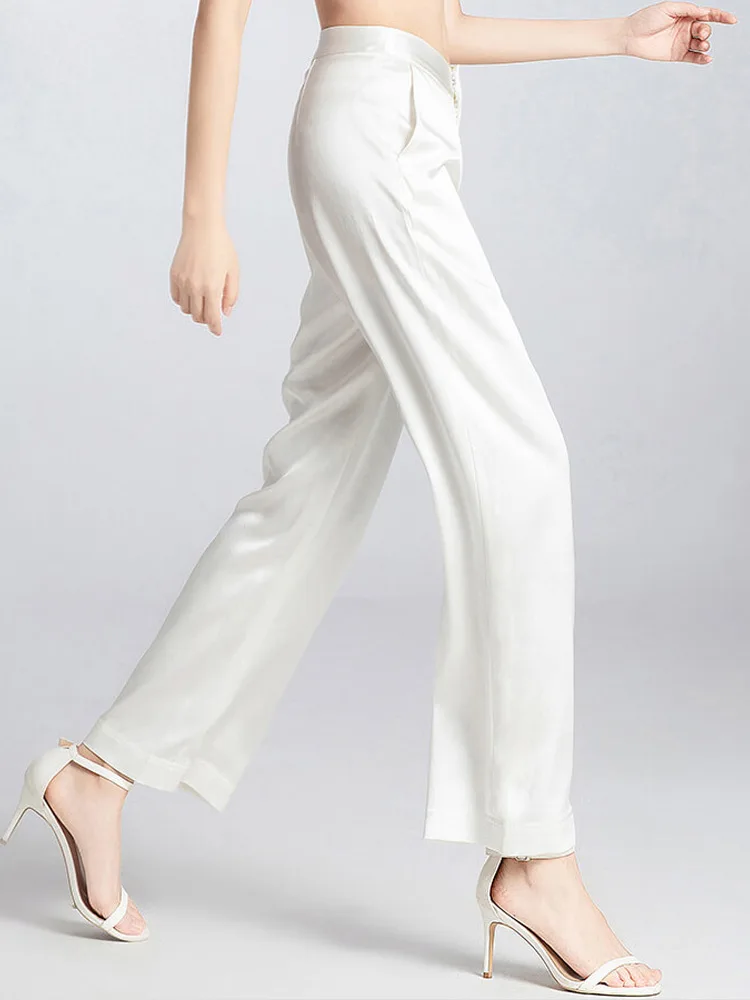
The fashion industry continues to evolve, with increased emphasis on sustainability and social responsibility. Key players like fair trade clothing manufacturers in Australia and Canada are leading the charge in producing ethically sourced apparel. Investing in such products comes with a multitude of advantages, impacting not only the consumer but also the environment and global communities at large.
Primarily, procuring garments from fair trade clothing manufacturers in Australia ensures the protection of workers’ rights. This means garment workers receive fair wages, safe working conditions, and are not subjected to any form of exploitation. Similarly, purchasing from fair trade clothing manufacturers in Canada supports the local economy, fostering job creation and regional development. Additionally, ethically produced clothes are typically designed with longevity in mind, resulting in less waste and promoting a eco-conscious lifestyle. Hence, investing in ethically produced clothing is an investment not only in one’s personal style but also in creating a sustainable, socially equitable world.
Challenges Faced in Promoting Responsible Fashion
Promoting responsible fashion faces myriad challenges despite the undeniable benefits it can bring to society and the environment. Many of these issues arise from deep-seated industry structures and a lack of transparency in global supply chains. For instance, many fair trade clothing manufacturers in China have to grapple with tight margins, efficiencies at scale and ensuring their techniques are truly environmentally friendly or ethically sourced.
On the other side of the globe, unique challenges emerge pertaining to fair trade clothing manufacturers in Europe. Though these manufacturers are committed to ethical practices, they are finding it difficult to compete in a market dominated by fast fashion with cheaper price tags. Moreover, they also struggle with communication barriers, cultural differences, and convincing consumers to pay a premium for ethically-made clothing. The persistent complexity and the global supply chain’s opacity often deter widespread adoption of responsible fashion.
Real-Life Success Stories of Ethical Fashion Brands
In the pantheon of ethically conscious fashion, several brands have broken through by steadfastly adhering to principles of sustainability and social responsibility. A shining example of this is People Tree, a trailblazer in the realm of fair trade clothing manufacturers in the UK. Since its inception, this brand has made it a point to not only source environmentally friendly materials for its clothing line, but also to ensure that producers in developing countries are treated fairly. Their strong commitment to ethical practices sets a benchmark in the industry, inspiring many other brands to follow suit.
In another distinctive display of social responsibility, UK based Noctu, a fair trade manufacturer, has been at the forefront of organic clothing. Their focus on organic cotton and sustainable production process has set a precedent for ethical practices within the industry. Furthermore, their steadfast commitment to increasing economic opportunities for farmers in developing countries shows their dedication to partnering with fair trade manufacturers in clothing industry. They provide living wages, creating a model that aligns with ethical and sustainable principles. Their journey is an exemplary demonstration of belief and consistent application of ethical practices in the production process.
Sustainable Fashion: A Trend or the Future?
In the current climate of consumer dynamics, we are witnessing a significant paradigm shift towards sustainability. A growing number of consumers are not only adopting greener ways of living but also altering their shopping habits to favour ethical and eco-friendly products. This is particularly noticeable in the clothing industry with the increase in demand for items produced by sustainable fair trade clothing manufacturers.
Sustainable fair trade clothing manufacturers deliver a remarkable impact by employing ethical practices throughout their productions. These enterprises prioritize environmental preservation, safe working conditions, and fair remuneration for their workers. Their rise in the market presents a strong case for the evolution of sustainable fashion from a mere trend into the future of clothing. As more consumers engage with conscious consumerism, the sustained growth of this industry becomes increasingly probable.
How to Embrace Conscious Fashion in Your Everyday Life
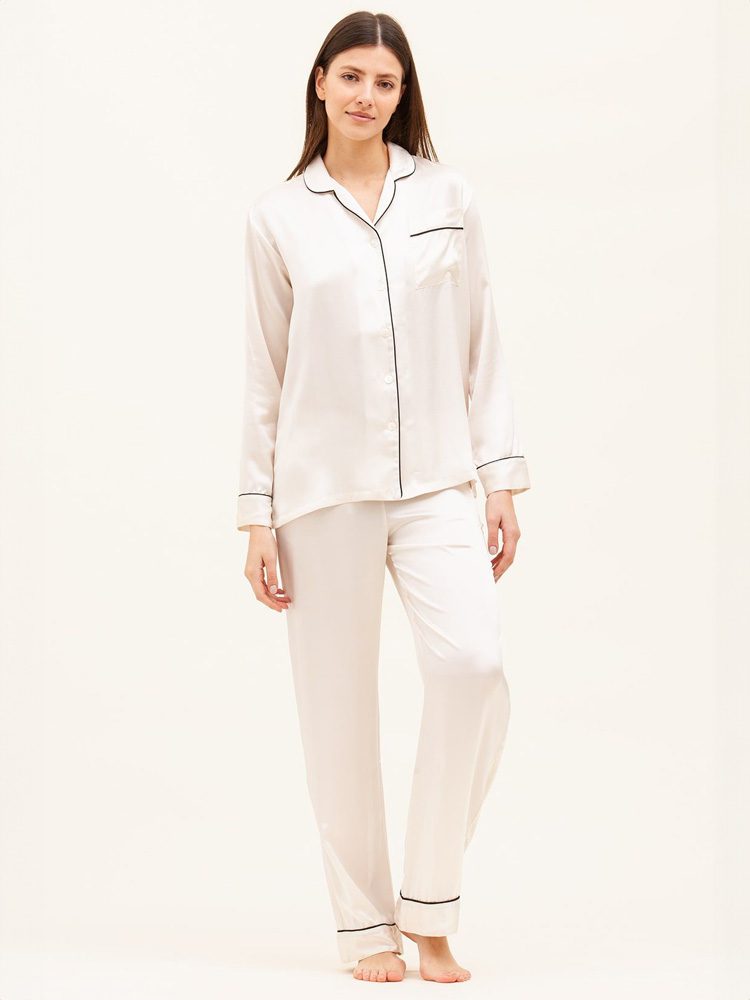
Embracing conscious fashion in everyday life begins with understanding the intricate process behind the creation of each garment. It involves a cognizant choice to be part of a positive change that prioritizes sustainability and fair trade. By purchasing ethically produced clothes, individuals support fair-wage and safe labor conditions and contribute significantly to environmental preservation. It’s all about making informed decisions, extending beyond the aesthetics of the garment to consider its social and environmental implications.
Adopting a minimalist approach is yet another way to align with this philosophy. By investing in a limited, versatile, and high-quality wardrobe that transcends trends, one can significantly reduce environmental impact. Moreover, it promotes the appreciation of craftsmanship, devalues fast fashion’s throw-away culture, and nurtures a lasting relationship with clothing. It is, after all, not about perfection, but about taking steps towards a more sustainable living.
Here are some practical ways to embrace conscious fashion in your everyday life:
• Educate Yourself: Start by educating yourself about the fashion industry. Understand where and how your clothes are made, who makes them, and what materials are used. This knowledge will help you make more informed decisions when purchasing garments.
• Buy Less but Better: Instead of buying many cheap items that won’t last long, invest in fewer but high-quality pieces that can stand the test of time. These items may cost more upfront, but they often prove to be better value for money in the long run.
• Support Ethical Brands: Look out for brands that prioritize sustainability and fair trade practices. By supporting these companies, you’re not only getting a great product – you’re also contributing towards a positive change within the industry.
• Recycle or Donate Old Clothes: Rather than throwing away old clothes, consider donating them to charity or recycling them into new items. This helps reduce waste while giving your unwanted garments a second life.
• Care For Your Clothes Properly: Good garment care extends their lifespan significantly. Follow washing instructions carefully and store them properly to maintain their quality over time.
• Consider Renting or Swapping Clothes: For special occasions where you might only wear an outfit once or twice, consider renting instead of buying new outfits every time. You could also organize clothing swap events with friends or family members – it’s fun and sustainable!
By incorporating these steps into our daily lives we can all contribute towards a more sustainable future for fashion.
FAQs
What does the term ‘ethical apparel’ mean?
Ethical apparel refers to clothing pieces that are produced in ways that are environmentally friendly and socially responsible. This involves fair labor practices, sustainable manufacturing processes, and a commitment to minimizing environmental harm.
How does conscious consumption contribute to modern fashion?
Conscious consumption in modern fashion implies making informed decisions about the clothes we purchase. It is about choosing brands that prioritize ethical and sustainable production practices, thus promoting a more responsible and environmentally friendly fashion industry.
Can you explain the connection between social responsibility and sustainable clothing?
Social responsibility in clothing production refers to fair labor practices, including decent wages and safe working conditions. Sustainable clothing, on the other hand, focuses on reducing environmental impact. Both concepts go hand-in-hand, promoting a fashion industry that respects both people and the planet.
What are ethical practices in the clothing industry?
Ethical practices in the clothing industry include ensuring fair wages and safe working conditions for workers, minimizing environmental harm through sustainable production methods, and avoiding the use of harmful chemicals in production and dyeing processes.
How does conscious fashion support social change?
Conscious fashion advocates for fair treatment of workers and sustainable production practices. By choosing conscious fashion, consumers can drive demand for more ethical practices in the fashion industry, leading to social change.
What are the advantages of investing in ethically produced clothes?
Investing in ethically produced clothes supports fair labor practices and sustainability. It also ensures better quality products, as ethical brands often prioritize durable materials and craftsmanship. Moreover, it allows consumers to wear their values, promoting a fashion industry that respects both people and the environment.
What are the challenges faced in promoting responsible fashion?
Promoting responsible fashion often involves overcoming barriers such as higher costs due to fair labor practices and sustainable materials, lack of consumer awareness, and competition with fast fashion brands that prioritize low prices and rapid turnover of trends.
Can you share some real-life success stories of ethical fashion brands?
Some successful ethical fashion brands include Patagonia, which prioritizes sustainability and fair labor practices, and Everlane, known for its radical transparency about its supply chain.
Is sustainable fashion just a trend, or is it the future?
While sustainable fashion has gained popularity in recent years, it is much more than a passing trend. As consumers become more aware of the environmental and social impacts of their clothing choices, the demand for sustainable and ethically produced garments is likely to continue growing, shaping the future of the fashion industry.
How can I embrace conscious fashion in my everyday life?
Embracing conscious fashion involves making informed decisions about the clothes you buy. This can mean choosing brands that prioritize ethical and sustainable practices, investing in quality pieces that will last, and minimizing waste by recycling or donating unwanted clothes.

